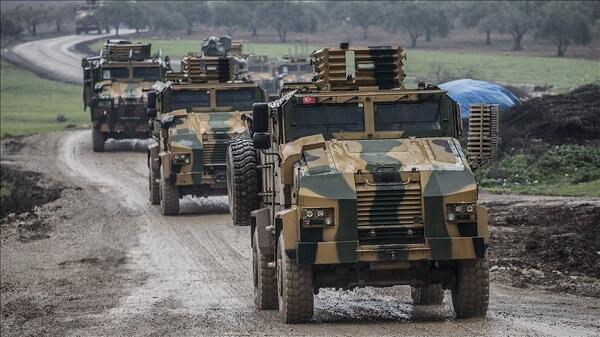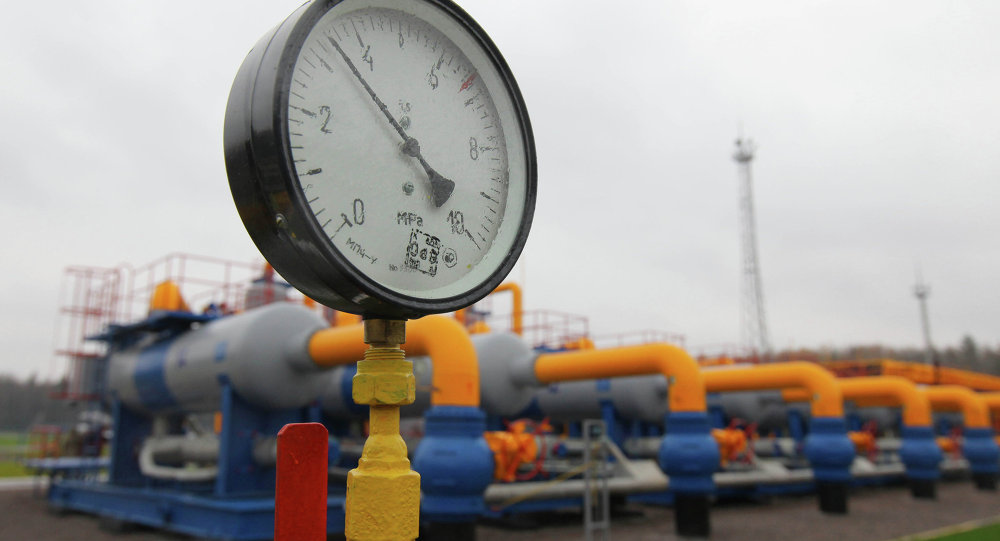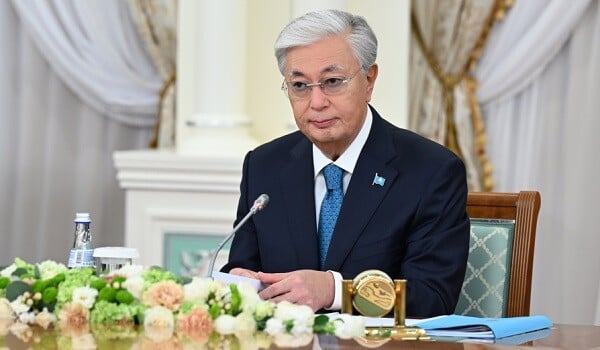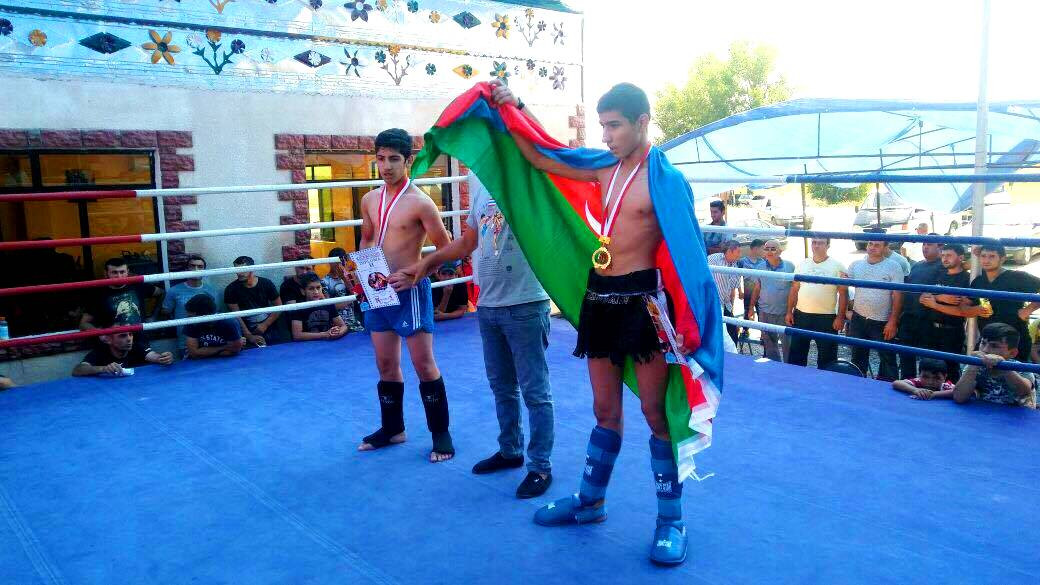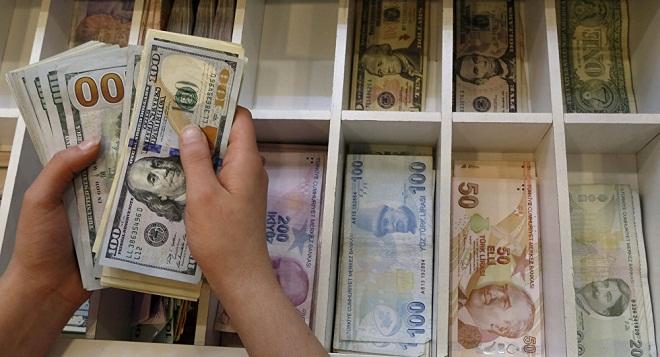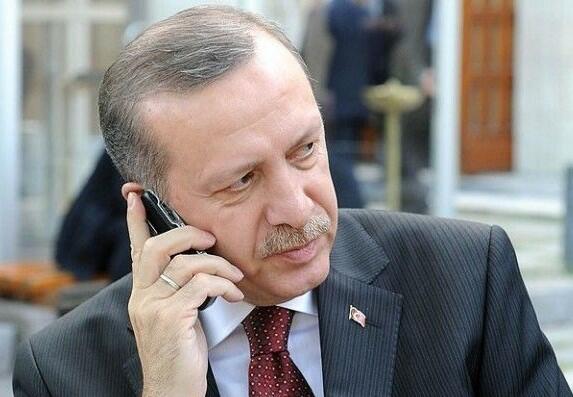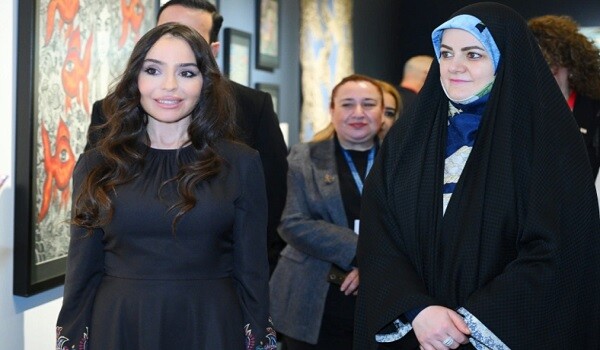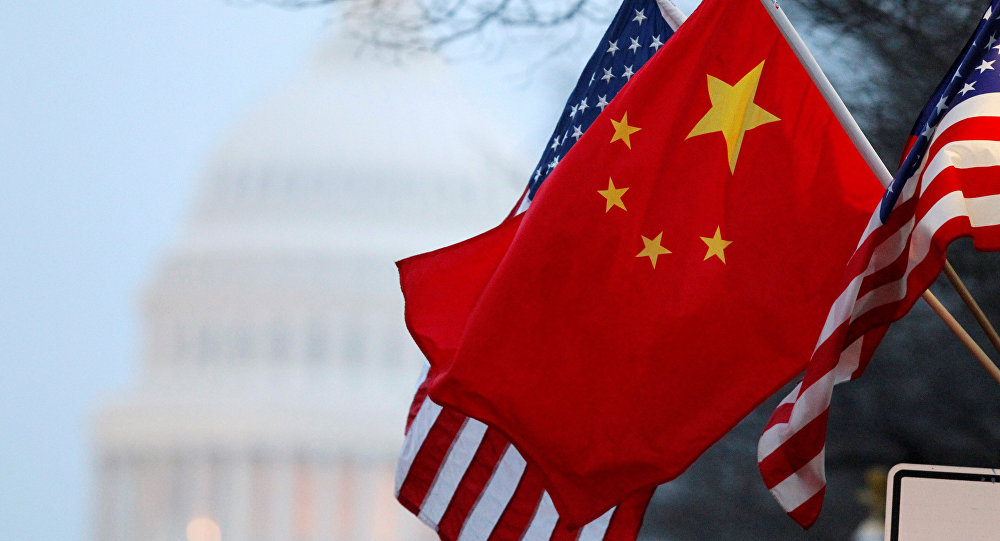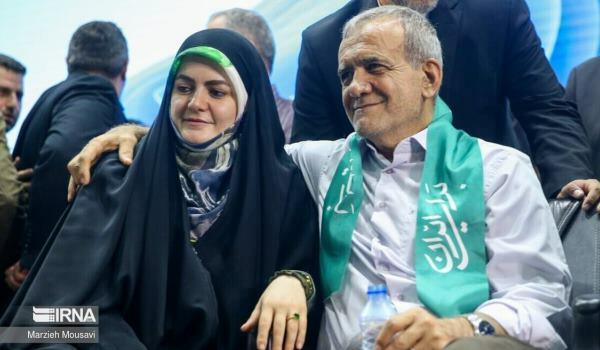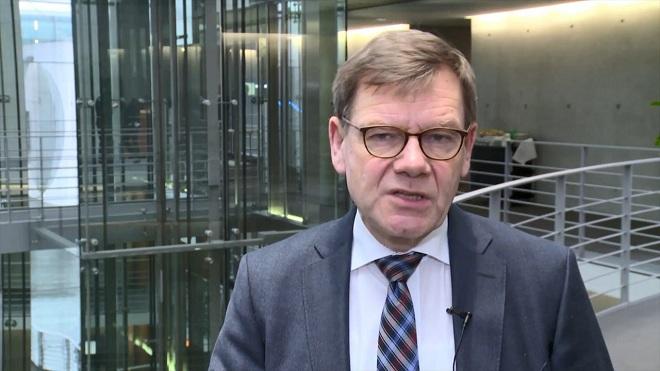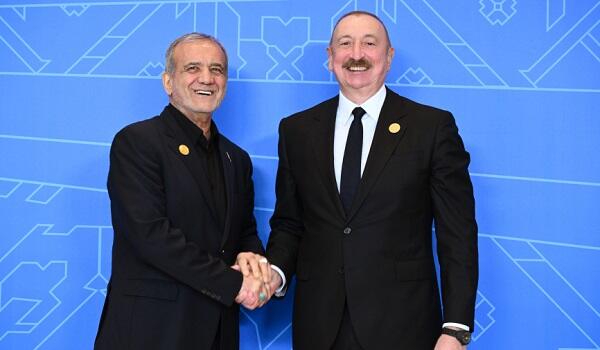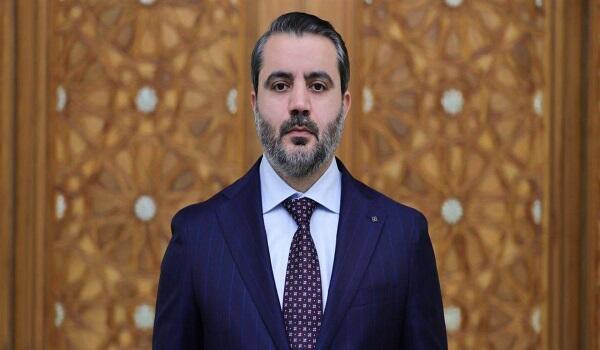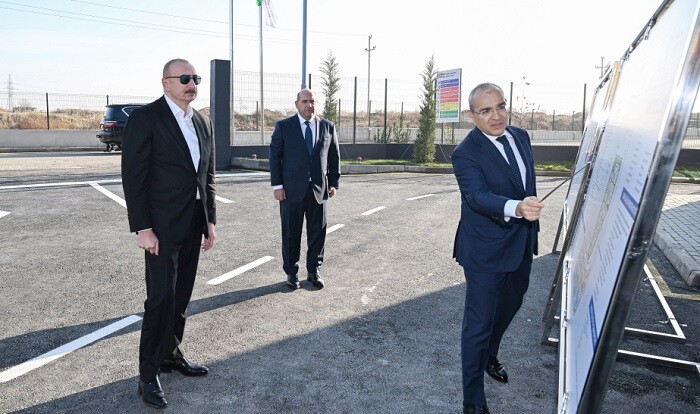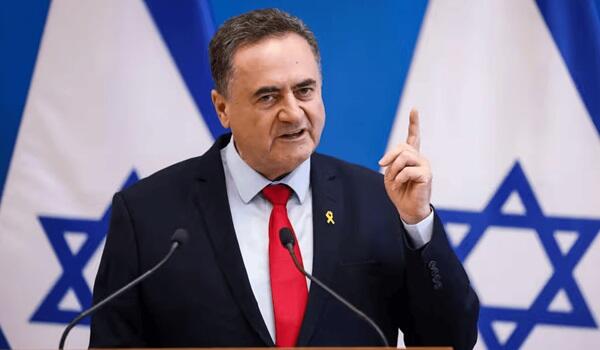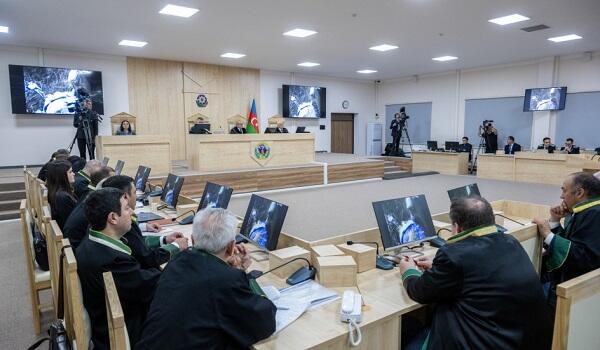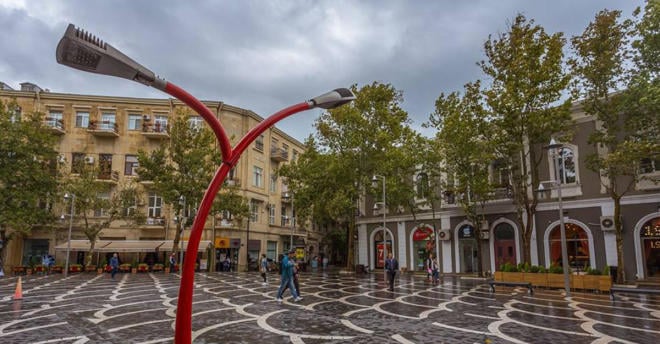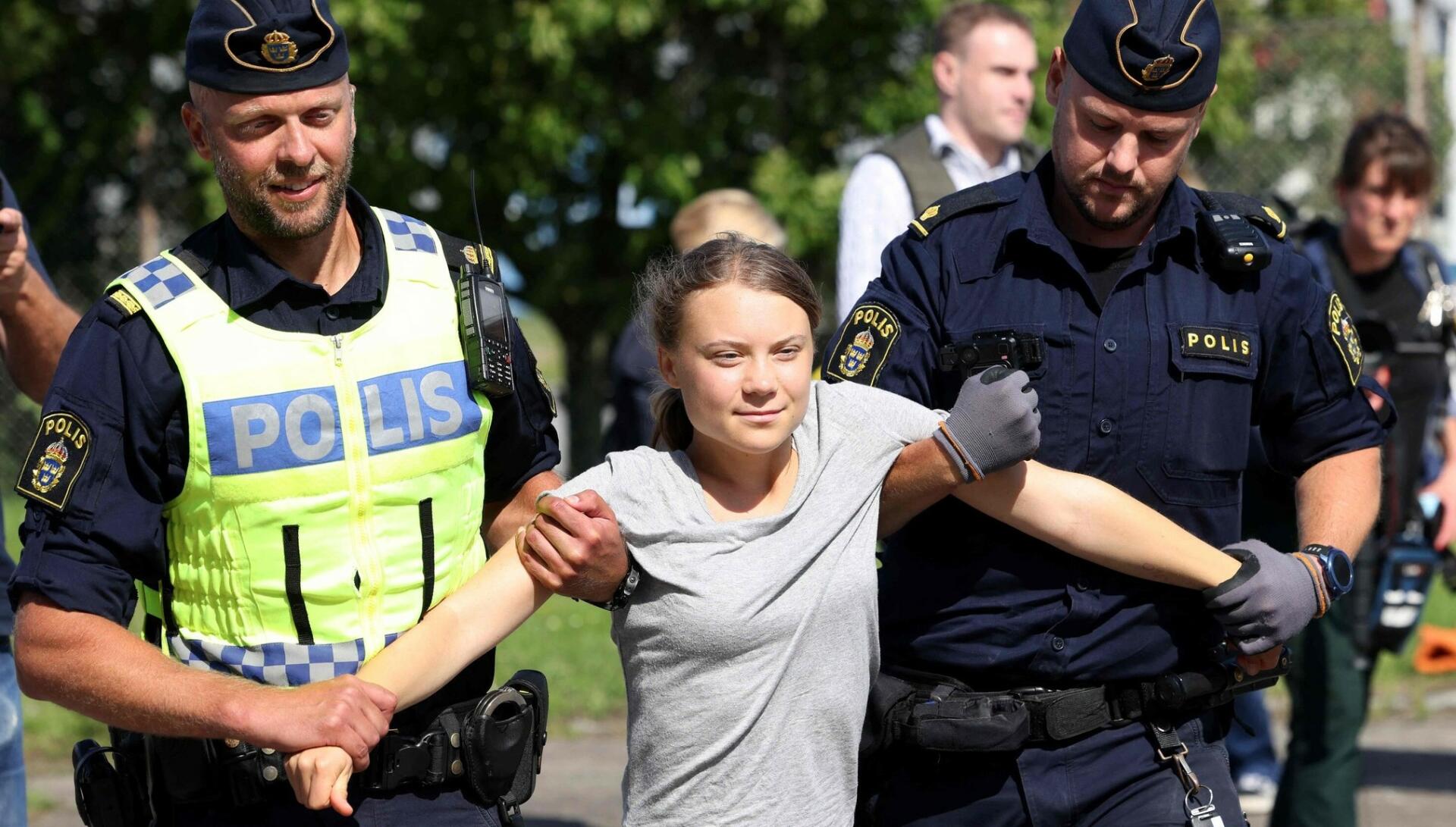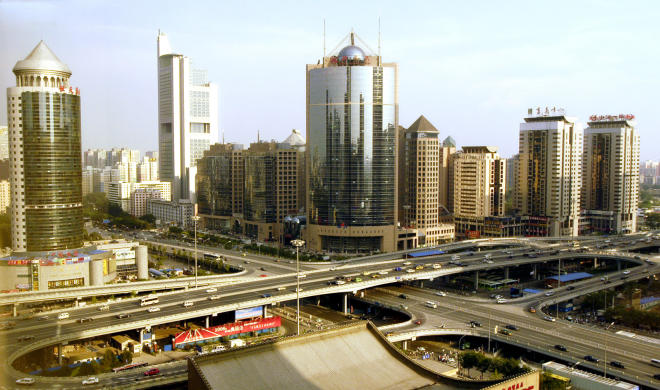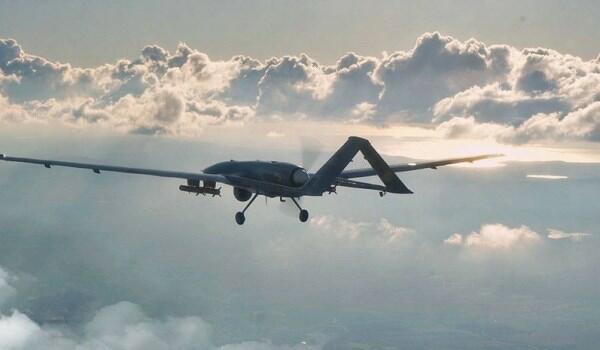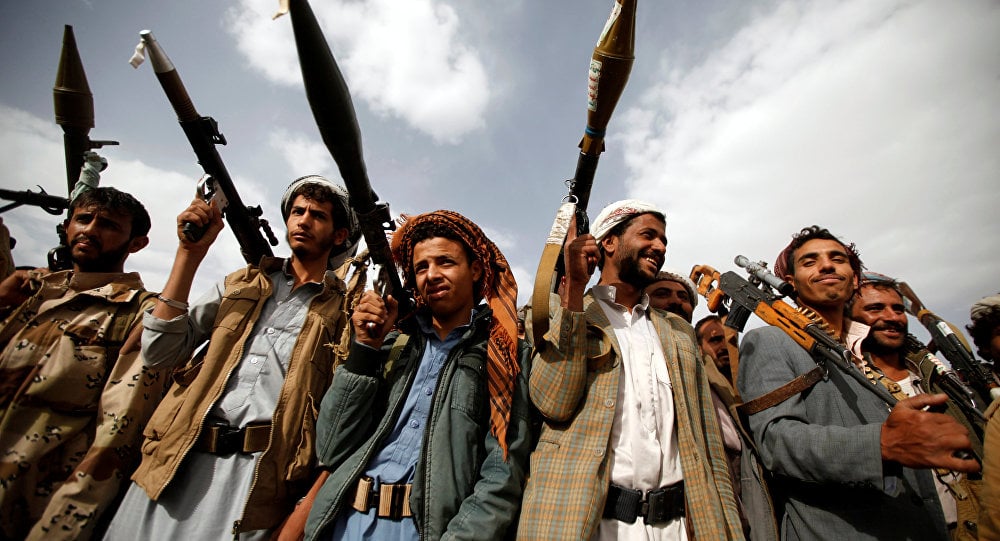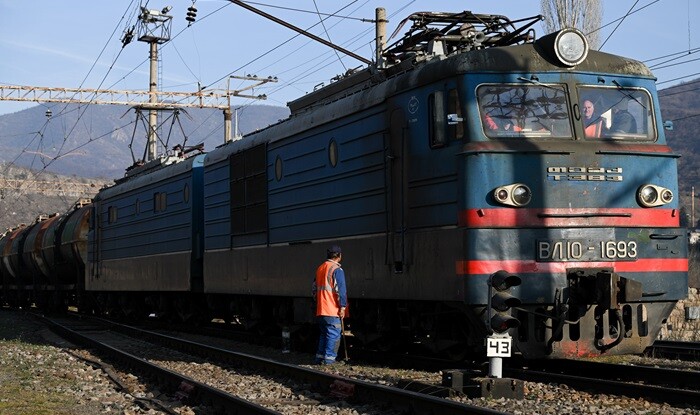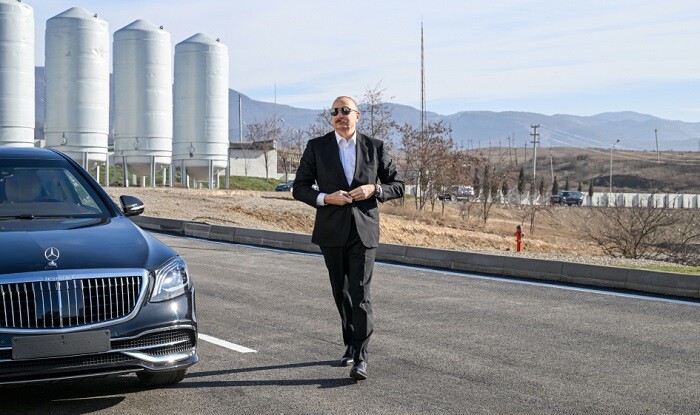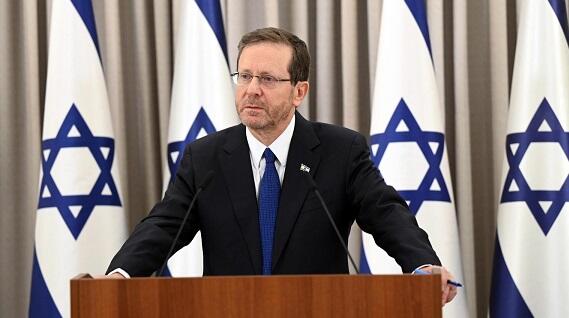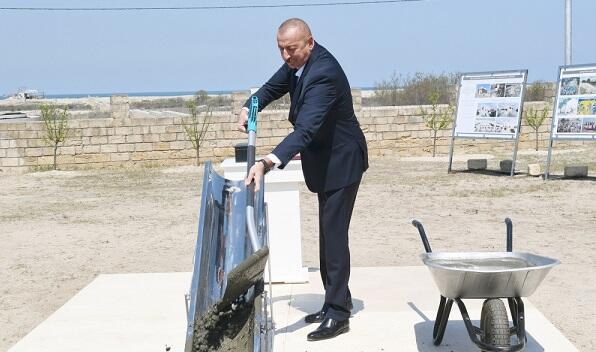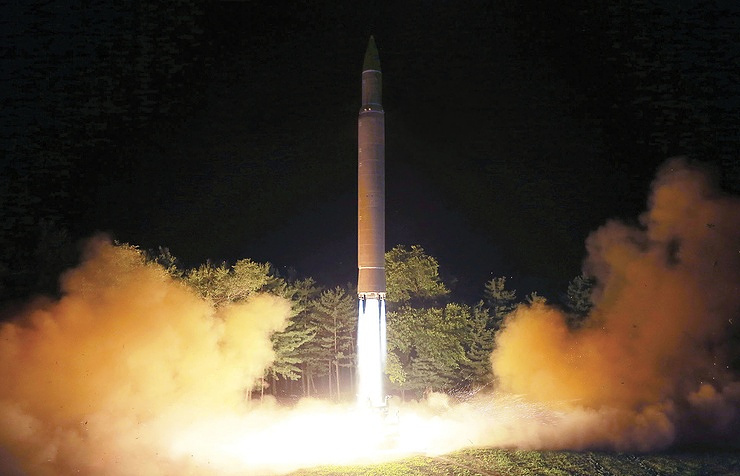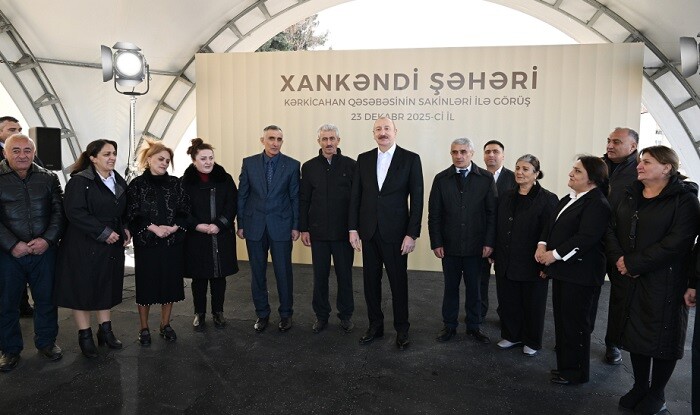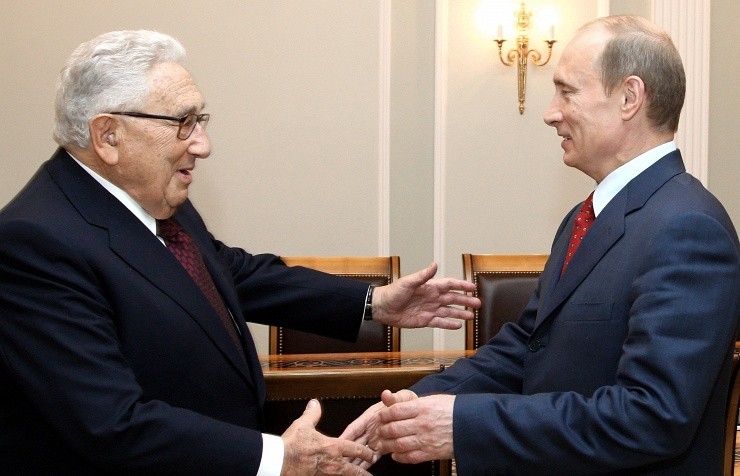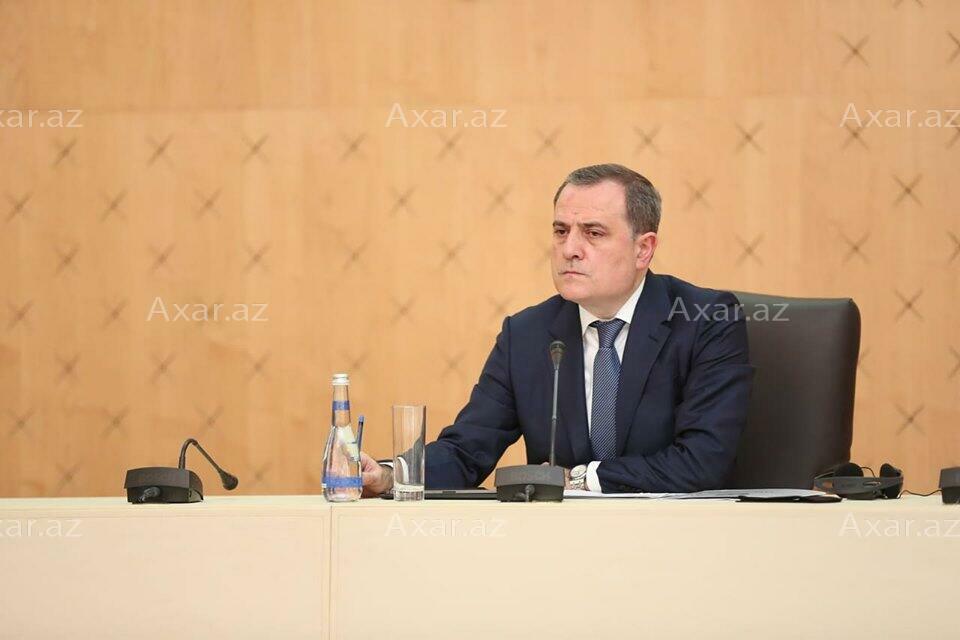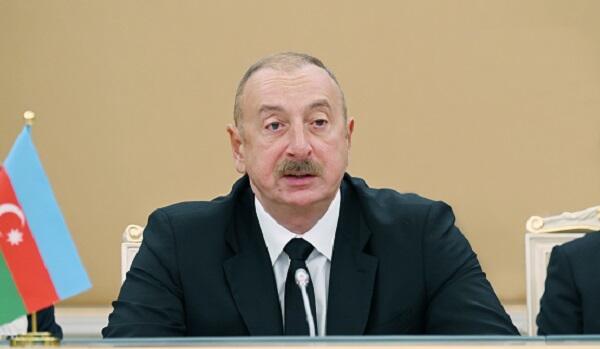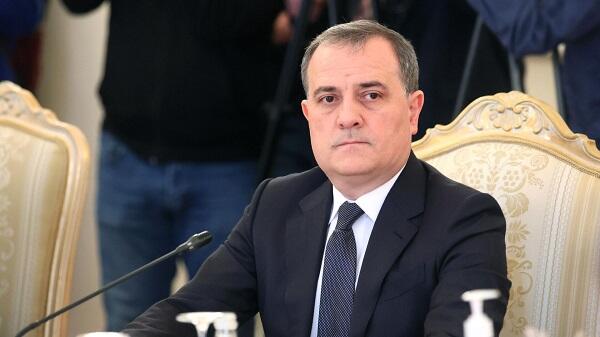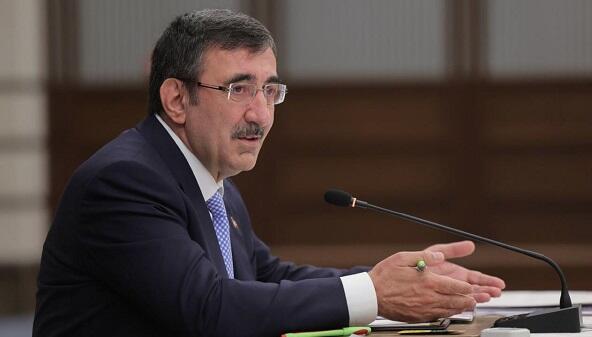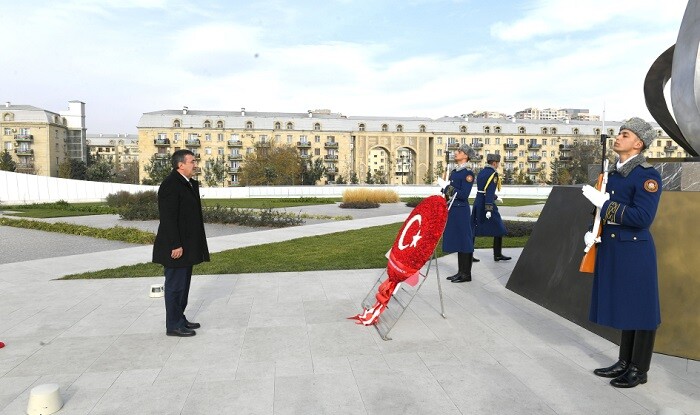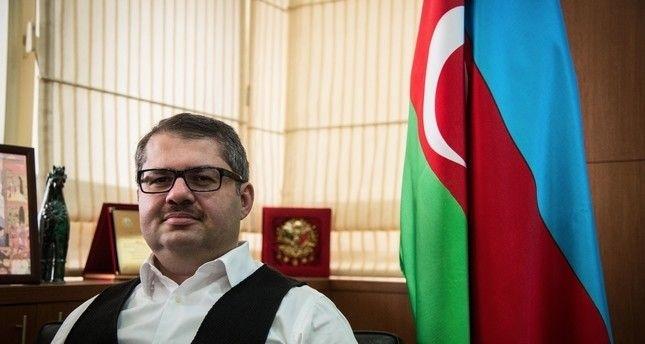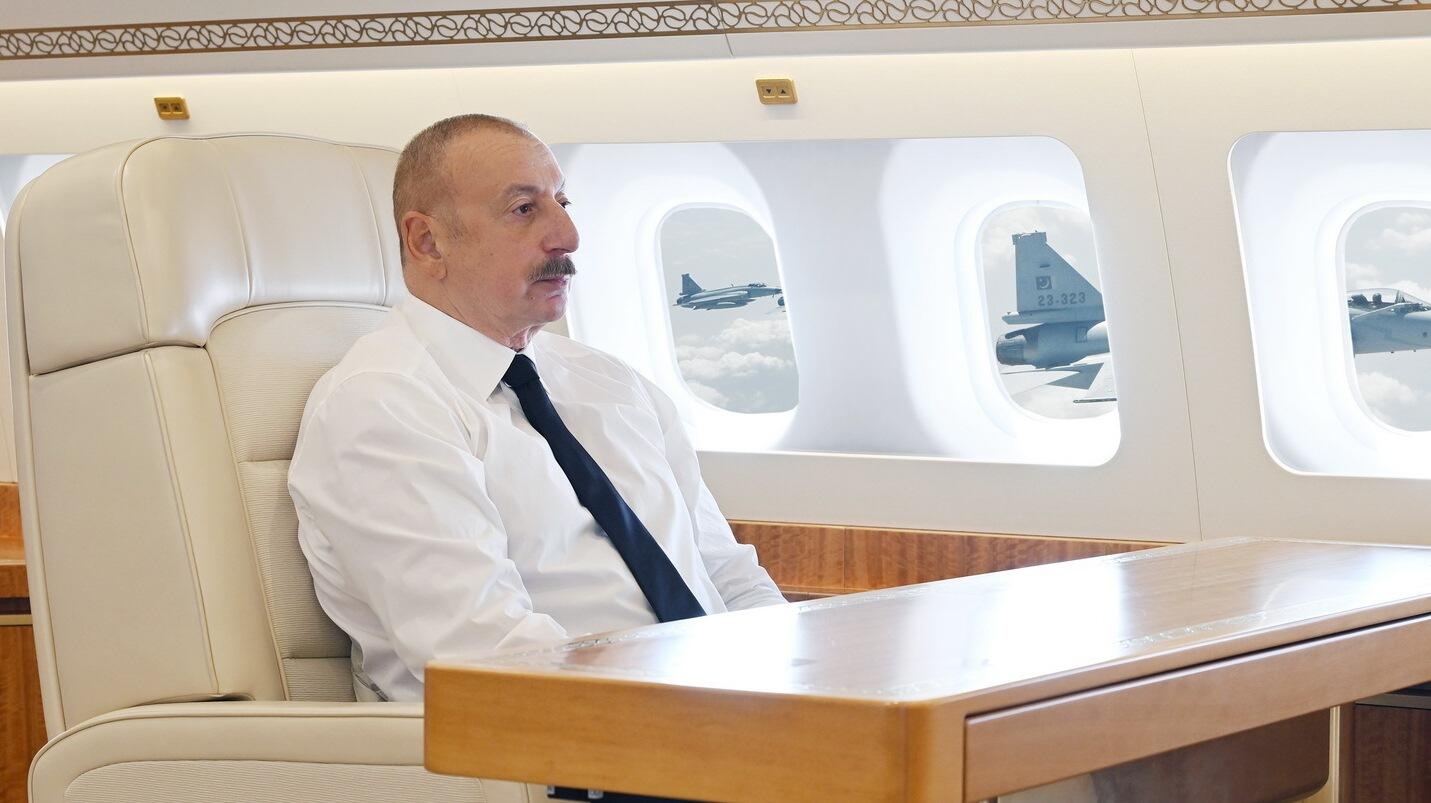"Putin is not Hitler. Negotiate with him, under precise conditions, it is in everyone's interest. " It is the advice that Henry Kissinger launches with his speech at the annual meeting of the Trilateral Commission, which took place in Washington over the weekend. Former Secretary of State added that he was against a unilateral American intervention in North Korea, where the solution is a comprehensive agreement with China for the security of the entire region, while the Europeans offer this suggestion to manage the relationship with the 'administration Trump: "not too much weight given to impromptu statements, but concentrate on the substance because the total failure of an American President should not even to you."
Kissinger has a long friendship with Donald Trump, and in recent weeks has been working to facilitate dialogue between Washington and Moscow, where in a few days will visit the Secretary of State Tillerson, to evaluate the possibility of negotiating and supposedly testing the waters for a summit meeting between the head of the White House and the Kremlin. It is from this point, then, that the quarterback of the opening to China during the Nixon administration begins his reflection: "On Russia believe there is some misunderstanding. Putin is not the replica of Hitler, and does not intend to launch a policy of conquest. Its goal is to restore the dignity of his country, from St Petersburg to Vladivostok, as it always was. This corresponds to an ancient nationalism, but also to a different history from ours. Consider Moscow as a potential member of NATO is wrong. " Then "paint Putin as the global super villain is an error of perspective and substance."
Former secretary of state also believes that there is an exaggeration in the threat posed by the Kremlin: "In military terms, Russia is unable to fight. It has an economy smaller than those of all European G7 countries taken individually, and its weight is comparable to that of our strategic rivalry with China. " At the same time, even if the West was in a position to cause the disintegration of Russia, "this should not be our goal," because it would create a situation of instability that benefits no one.
All this pushes Kissinger to encourage dialogue, because "the alternative would be a clash harmful to everyone, even if Moscow is unable to defeat us militarily." The resumption of diplomatic mediation, however, must be anchored to some specific conditions: "Ukraine must remain independent, but without joining NATO," while the fate of the Crimea can be part of the negotiations. As for Syria - where Putin was careful to prop up Assad more than combat Isis - and the entire region, it must clearly establish that "Russia has no right to stay in the Middle East." From these points, it would be possible to initiate a dialogue aimed at neutralizing the threat of Moscow, in exchange for his dignified reintegration into the international community responsible.
Kissinger also suggests a similar realistic approach to the problem of North Korea, and then in China: "I am against - says firmly - to a unilateral American military action against nuclear facilities in Pyongyang." The solution, according to him, is instead in "a direct negotiation between Washington and Beijing, to achieve an overall agreement on the security of the entire region. In other words, we can not discuss nuclear North Korea, without referring to the existing ones in the South and the US military presence. " The implicit suggestion is that the United States may give up some positions in the Far East, where the People's Republic to commit itself not only to neutralize Pyongyang's nuclear program, but also to give security guarantees to other allies such as Tokyo, Seoul, and all countries involved in the dispute over islands in the South China Sea.
As for Europe, Kissinger urges her to be patient: "The total failure of an American President should not even to you. So do not look too much at impromptu statements, but concentrate on the substance of the transatlantic relationship. " Some outlets Trump position questioned precisely the two historical pillars of this relationship, ie NATO and the EU, but according to his adviser even that could be turned into an opportunity to improve relations: "I was against the Brexit but now that it's happened I think it can become an opportunity to re-discuss the future of the Union, which can not only have a bureaucratic dimension. " Like that of NATO, which "remains essential, but it is also fair to review its tools and its objectives over time."
